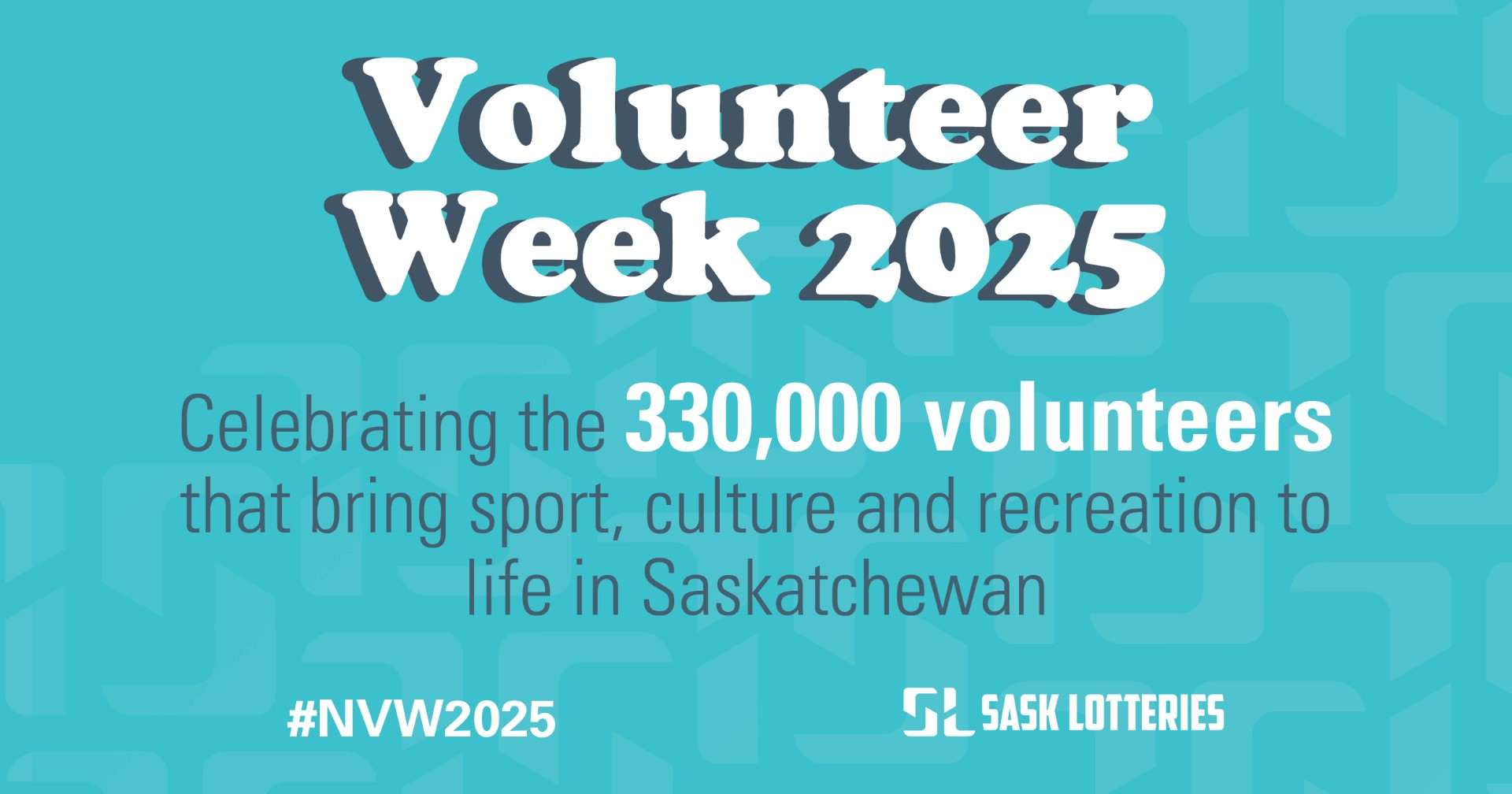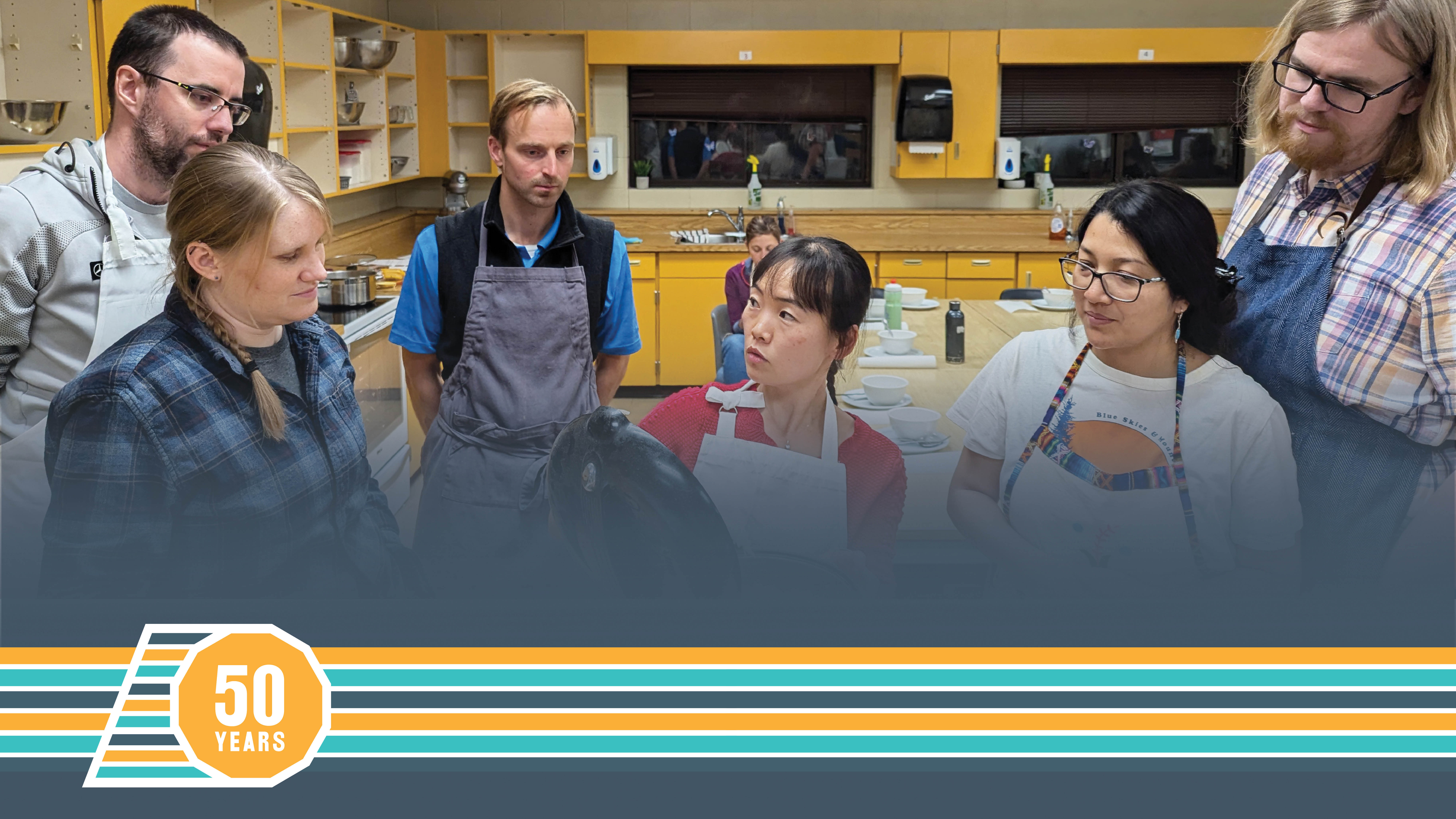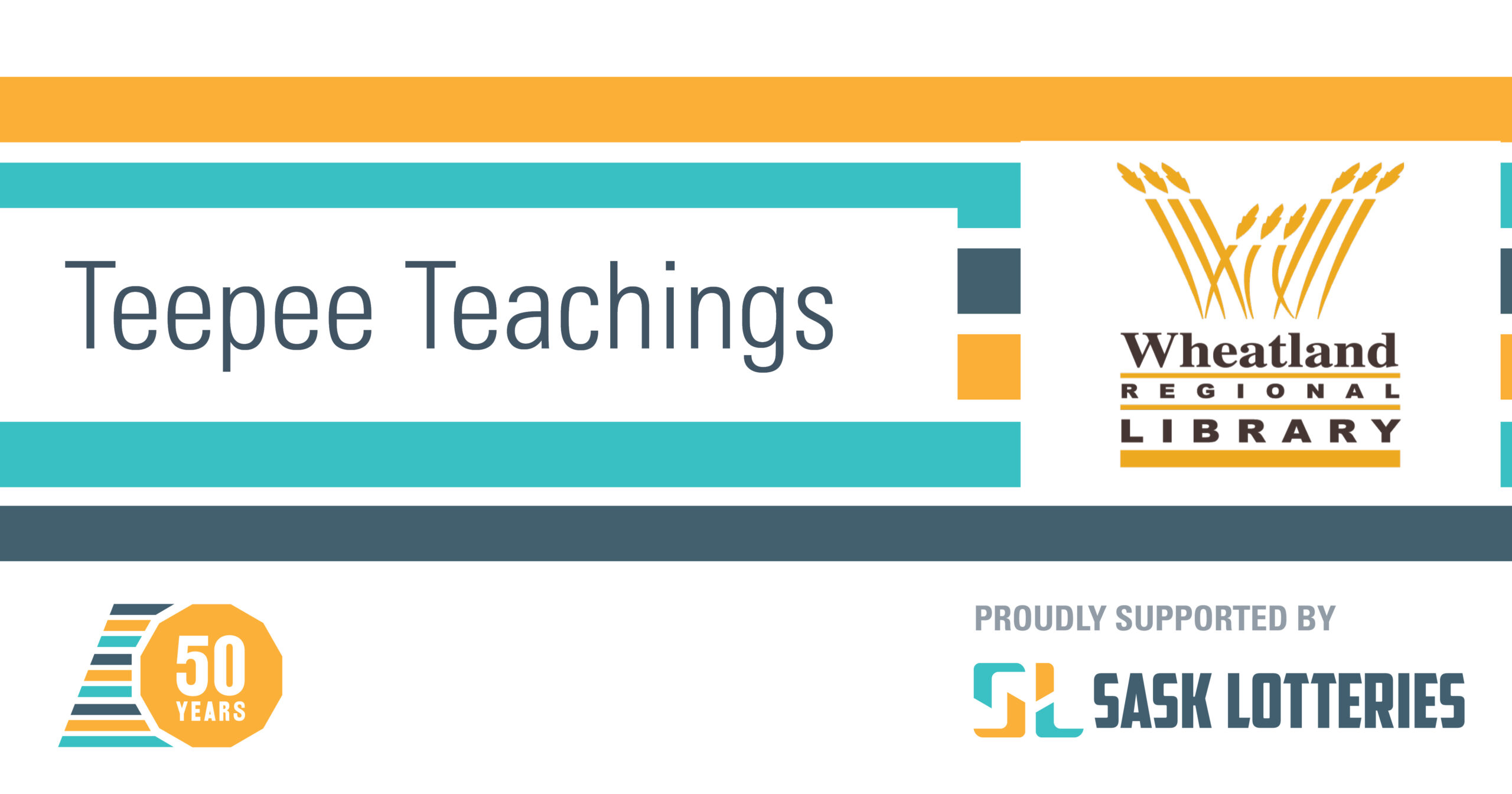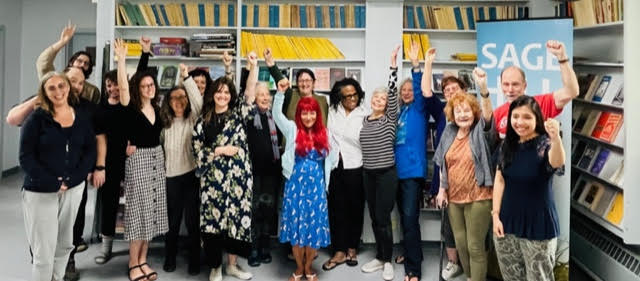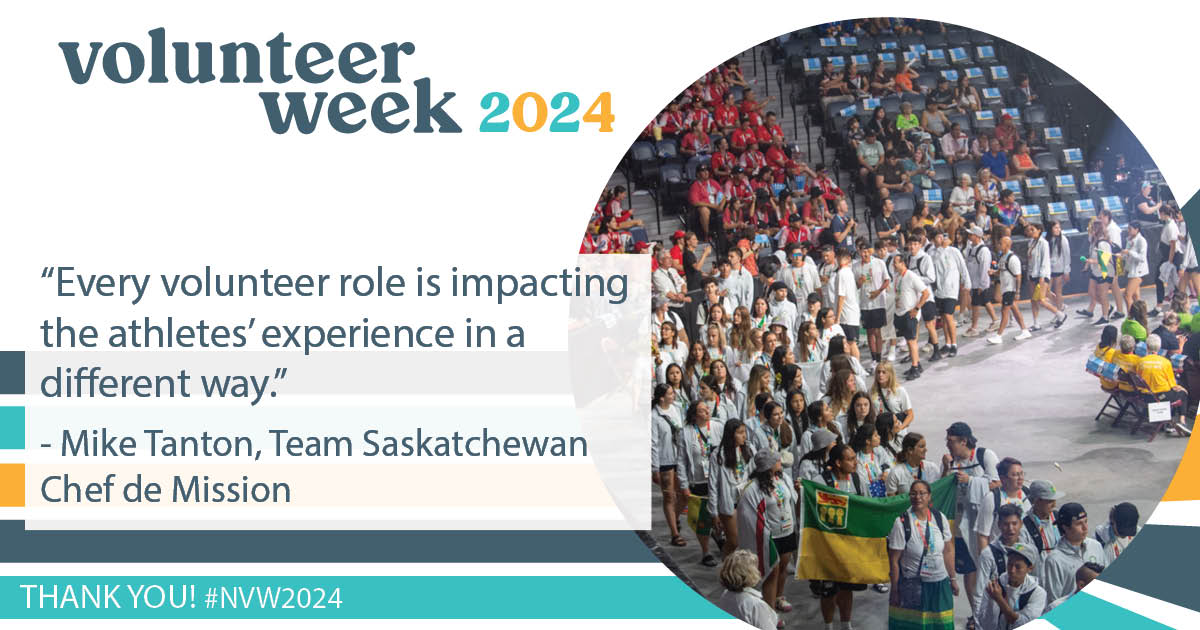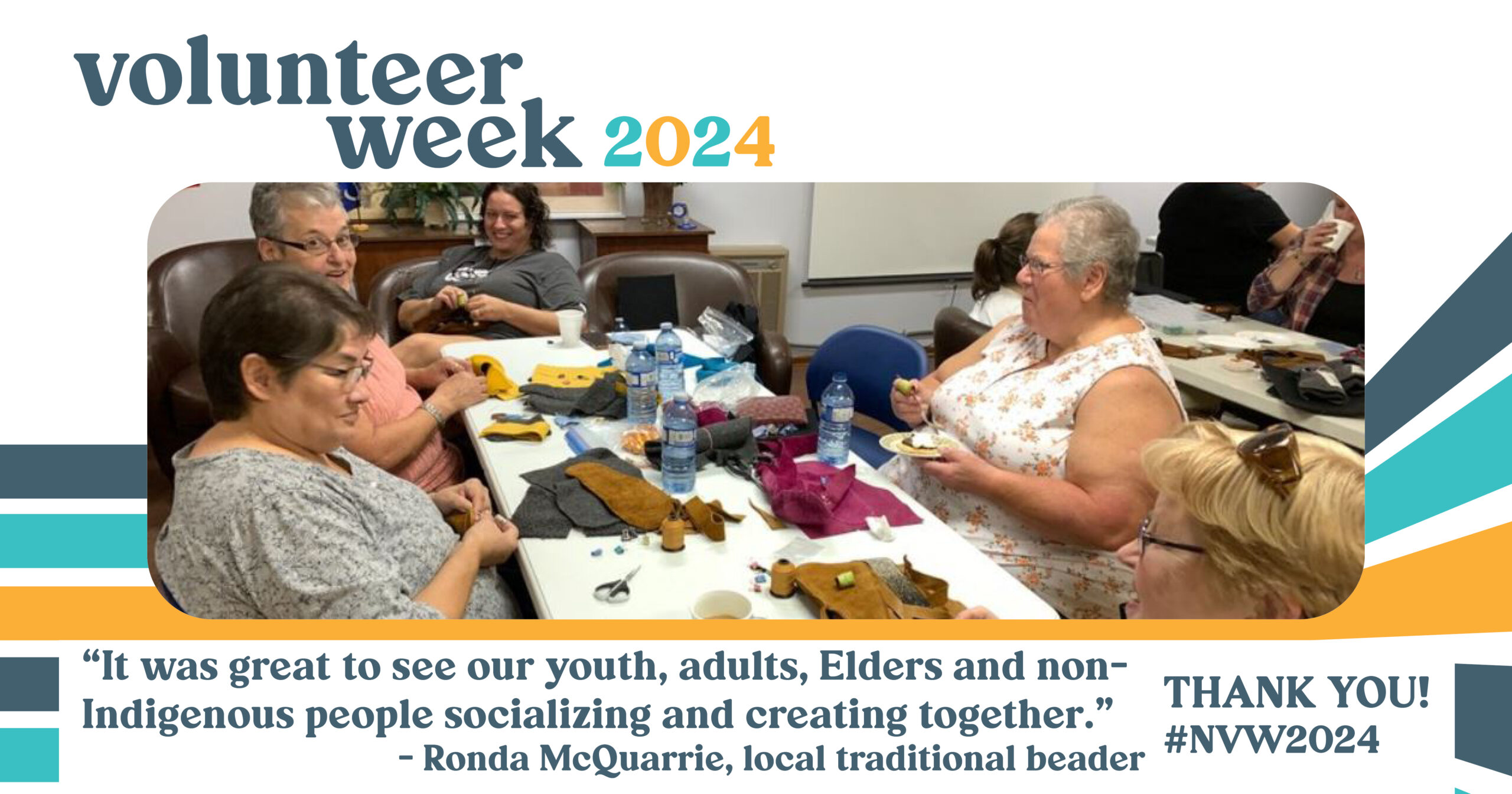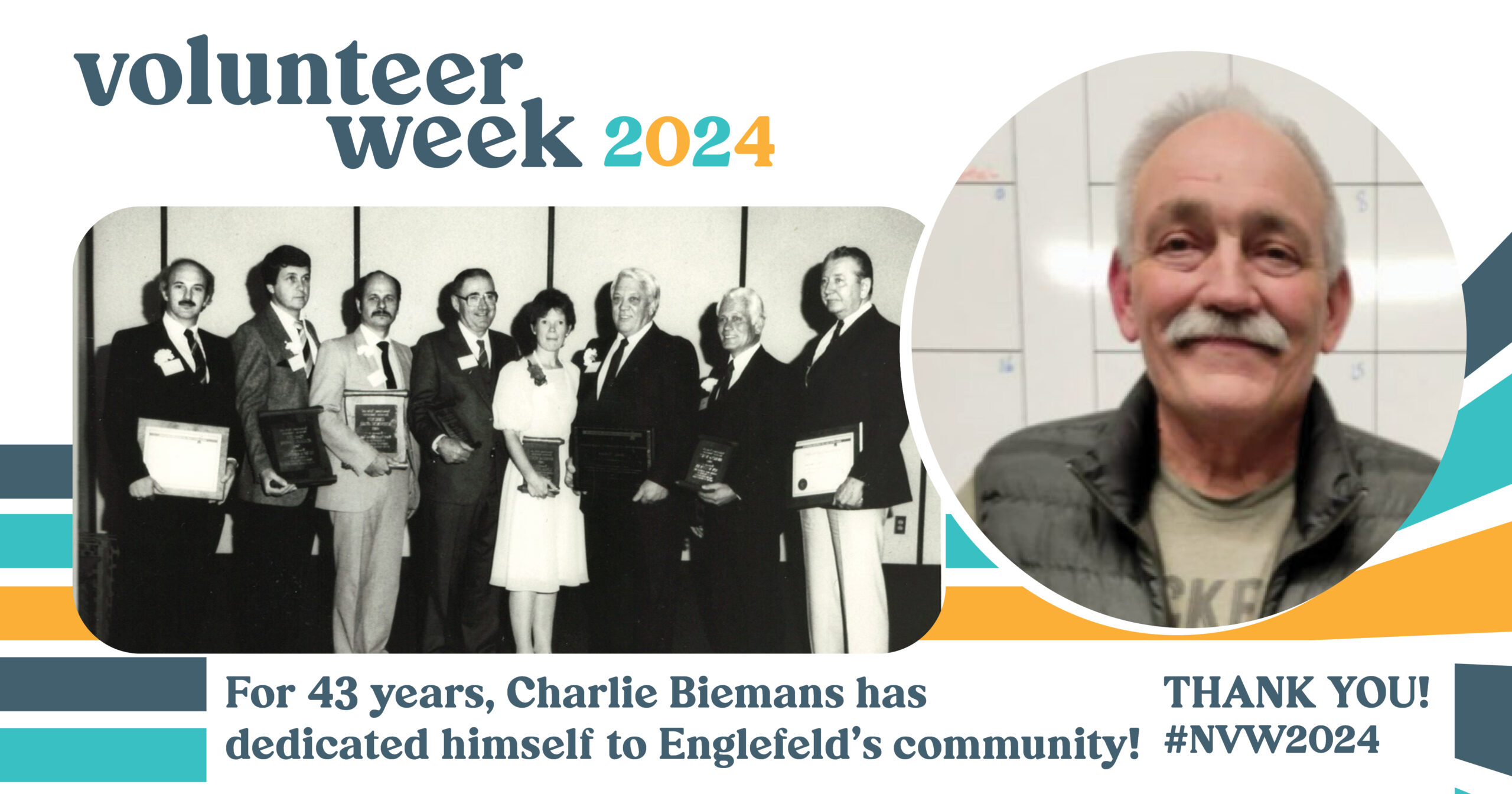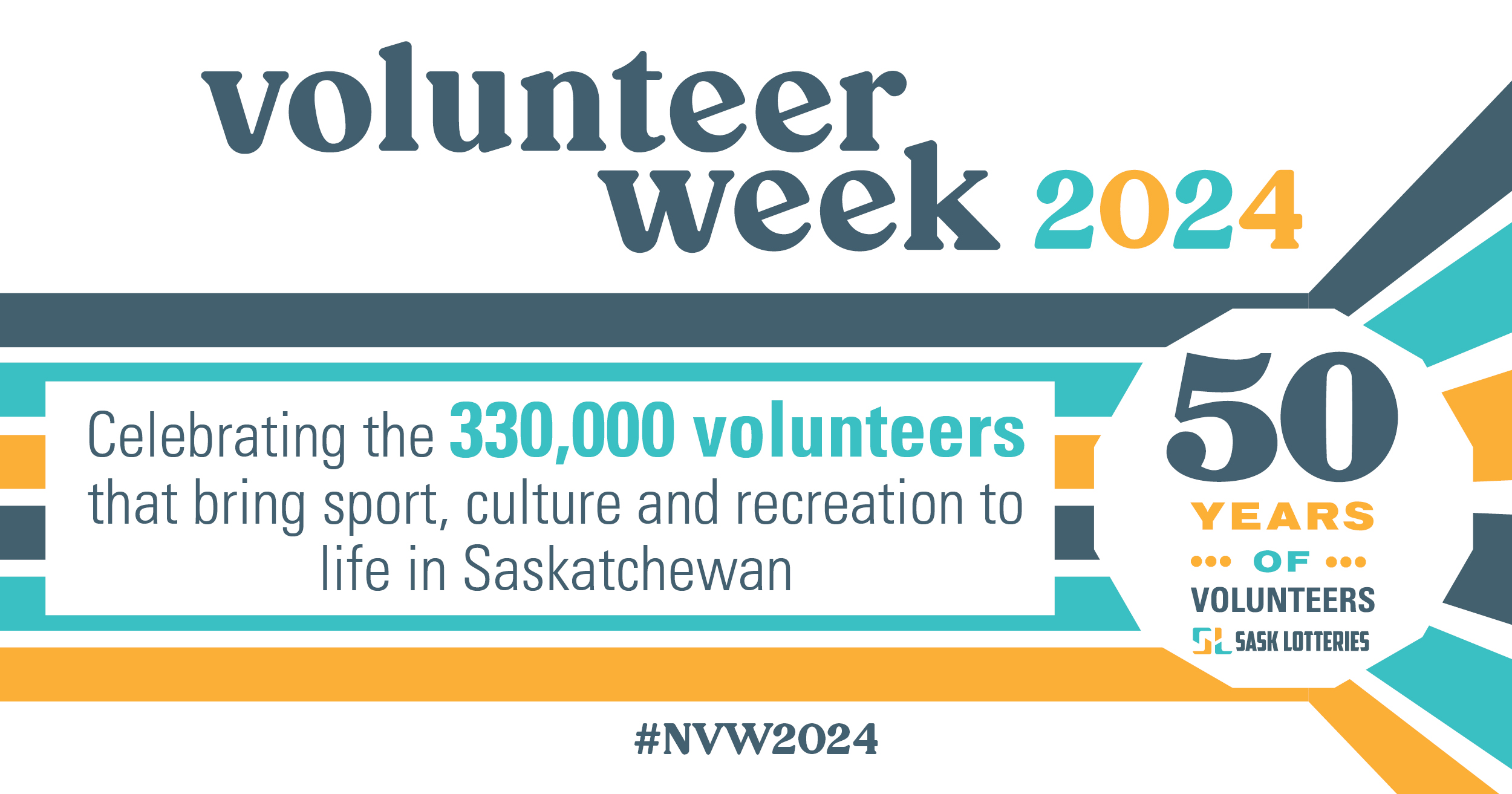Among the 12,000 sport, culture and recreation programs funded by the Sask Lotteries Trust Fund, the North American Indigenous Games (NAIG) captures a unique combination of sport and culture.
In 2023, Team Saskatchewan, compiled of more than 500 athletes and over 130 volunteers captured the championship title at the 10th edition of NAIG in various venues across Kjipuktuk (Halifax), Dartmouth, Millbrook First Nation and Sipeke’katik in Nova Scotia.
For NAIG to take place, it takes numerous individuals volunteering their time and energy in the different regions, to bring together an event that unites people, from across North America.
NAIG is held once every four years, but the work behind the scenes never fully comes to end for the host and provinces. Once the multi-sport event concludes, the preparation for the following one begins.
Team Saskatchewan’s Chef de Mission works alongside countless others to organize over 50 different teams. The volunteers set the scene for each NAIG and are the individuals who bring the event to life for Saskatchewan’s athletes.
“NAIG provides an incredible experience for anyone involved and brings together a lot of people from across Turtle Island.”
Team Saskatchewan Chef de Mission, Mike Tanton
Mike Tanton has volunteered as Chef de Mission for seven Games, prioritizing an atmosphere that combines the competition of sport with the celebration of Indigenous culture.
“The cultural portion of [NAIG] adds so much and makes it that much more meaningful,” shared Tanton.
“We see the kids when they come from their communities. We see them as they train leading up to the Games and at the Games – seeing their excitement – those are the things that keep me involved.”
Volunteers can take on various roles, anything from organizing travel to staying on location with athletes.
“We had volunteers that were up and at the airport at 4 a.m. to make sure the kids were able to get through security and to their flights. They stayed there all day to make sure every team was checked in correctly.
“[The volunteers]really worked on establishing a relationship with our partners that we were working with, like WestJet. We want them to look at our kids as theirs, because if they are doing that the kids will be in good hands.”
Tanton advocates the importance of establishing a family environment for the duration of NAIG. His dedication to creating a positive environment for the kids shines through each step of the preparation process.
“Volunteers are with the kids 24/7, for nine days straight. The family atmosphere lets people know that you care.”
Team Saskatchewan’s volunteers become family to each other and the athletes, prioritizing their well-being during training, up until they return home following the Games.
Tanton’s philosophy suggests that when things are done for family, it is being done in the best way possible.
NAIG is a unique event that gathers people from all areas. The volunteer team is a collection of individuals with various skills and prior experiences.
For 33 years, Team Saskatchewan has been built on a foundation of volunteers.
“Coaches, coordinators, chaperones, team managers, all of them are volunteers and are a part of the team right from the start,” explained Tanton.
Brenda Ahenakew and Eugene Arcand have volunteered their time since first founding the team in 1990. The two now share the guidance team role with Chief Larry Ahenakew and Lorna Arcand as overseers of the steering committee, coordinators, coaches and managers.
The guidance team is in place to bring forward generations of experience and knowledge regarding the Games, as well as guiding current volunteers through cultural protocol.
“NAIG provides an incredible experience for anyone involved and brings together a lot of people from across Turtle Island.”
Without the support of volunteers, NAIG would not be the event that it is today.
